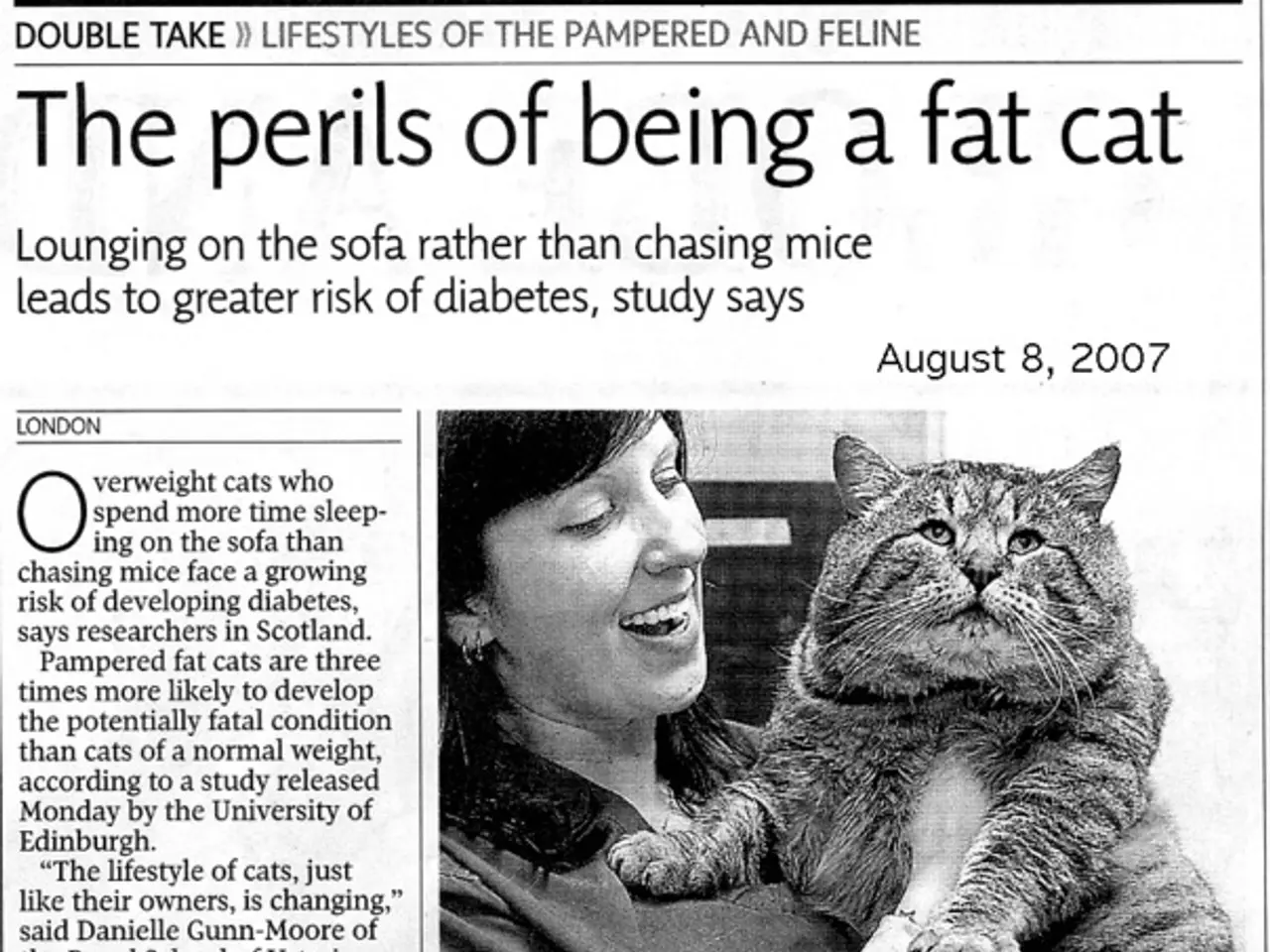Increased aid for women's shelters and counseling services as domestic safety becomes a concern
In North Rhine-Westphalia, women's shelters are grappling with a growing financial challenge, primarily due to escalating operational costs resulting from increased rent and energy prices [1]. This situation has highlighted the urgent need for enhanced financial support to maintain and expand shelter capacities.
The financing of these vital services predominantly depends on regional and state funding, leading to variability in the availability and quality of services across different regions [3]. Recognising this issue, the Ampel-Koalition's coalition agreement proposes a nationwide funding approach for women's shelters to ensure a consistent and reliable financial support system across Germany [2].
In response to these challenges, the state government of North Rhine-Westphalia has decided to increase the annual funding per woman in shelters beyond the minimum capacity. Funding has been raised from 7,000 to 10,000 euros per woman, allowing shelters to expand their services, including psychological counseling [1].
Moreover, the Ampel-Koalition's coalition agreement also includes plans to secure a bundesweite Finanzierung for women's shelters. This would address the current disparities in funding and support across Germany [2].
In addition, the state offers special funding programs for construction projects, such as the Experimental Housing Program, to create more housing for victims of domestic violence [3]. Discussions are also underway to simplify bureaucratic processes, such as reducing the time spent on job center applications, to improve the efficiency of shelter operations [2].
However, despite these efforts, women's counseling services in North Rhine-Westphalia are often overburdened, with domestic violence cases on the rise. In 2022, 240,547 cases of domestic violence were recorded, an 8.5% increase from the previous year [4]. The current funding system, which relies on project-based funding, does not cover the total costs, forcing projects to rely on municipal funding or donations [4].
The SPD legal expert has suggested an agreement between the state government and municipalities for a uniform and adequate funding system. SPD state parliamentarian Sonja Bongers has stated that more support is needed for counseling centres and women's shelters [4]. The funding system for women's shelters and counseling services in North Rhine-Westphalia is no longer sustainable, and the current funding gap needs to be closed [4].
Society as a whole, and all state institutions, are responsible for stopping the increasing violence against women. With women making up 71.1% of domestic violence victims and men being the perpetrators in 76.3% of cases, it is crucial that adequate resources are allocated to support those affected by domestic violence [4]. The interest of victims is at stake due to the current funding situation of women's shelters and counseling services, and improvement in the availability of funding for these services is necessary.
- To address the rising mental health needs of victims, the state government of North Rhine-Westphalia has increased the annual funding per woman in shelters, allocating more resources for psychological counseling, a key aspect of health-and-wellness and mental-health therapies-and-treatments.
- Recognizing the importance of national consistency in funding for women's health and well-being, the Ampel-Koalition's coalition agreement includes plans for a bundesweite Finanzierung, aiming to eliminate disparities in funding and support for women's shelters across Germany.
- As women's shelters grapple with financial challenges, a call for a uniform and adequate funding system has been made, with the SPD legal expert suggesting an agreement between the state government and municipalities, focusing on the sustainable improvement of funding for women's health, counseling services, and mental health.




